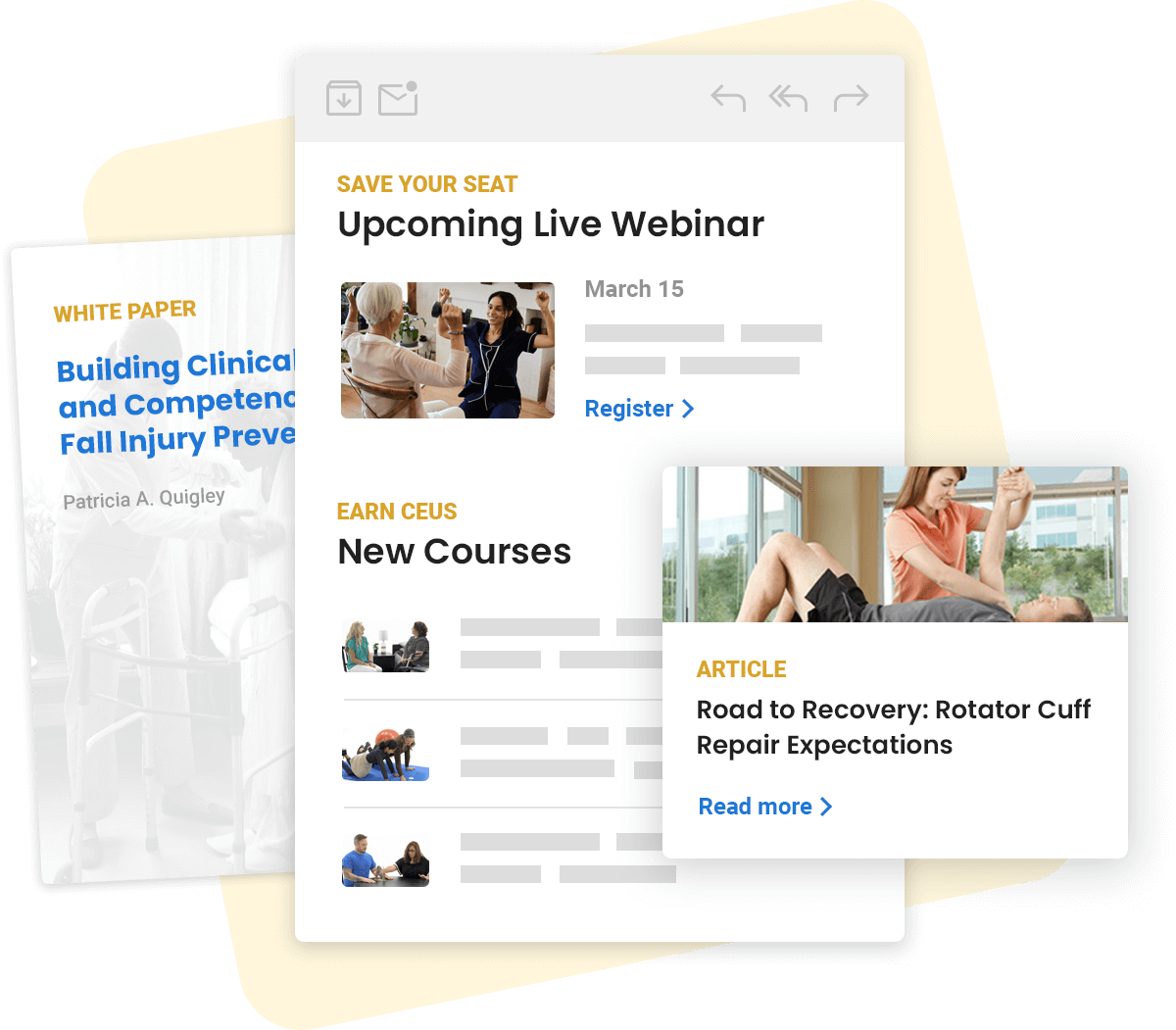MedBridge Launches Revolutionary Mobile App to Improve Patient Rehabilitation Adherence

Seattle-based healthcare company releases new mobile app to dramatically improve patient adherence and drive better health outcomes
SEATTLE – MedBridge, an industry-leading developer of patient engagement and clinical education software, today introduced MedBridge GO — a patient-facing mobile app designed to improve adherence to clinician-assigned home exercise programs (HEP).
MedBridge GO employs a proprietary time-based algorithm to automatically convert clinician-prescribed HEP into an achievable daily dosage for the patient. With a single tap, users can actively engage with their prescribed exercises inside an interactive, video-based playlist. Easy-to-follow instructions with audio narration guide patients through their daily program, while time-based reminders and a gamified rewards system keep users engaged with their recovery plan throughout the episode of care and post-discharge.
Studies have shown that over 73% of rehabilitation therapy patients do not adhere to traditional HEP, citing unclear or hard-to-understand exercise instructions as primary obstacles.1,2 By addressing the challenges to improve adherence and outcomes with robust video-based solutions, MedBridge has revolutionized the HEP experience. When polled, 98% of patients using the MedBridge HEP platform indicated that it had improved their rehabilitation. Furthermore, 90% of clinicians polled indicated that MedBridge HEP improved their patient outcomes.

“MedBridge GO bridges the gap between the clinical setting and home exercise,” said Justin Kowalchuk, CEO at MedBridge, “It’s an exciting and logical next step to give patients access to interactive exercises in a native mobile environment. Since patient outcomes are directly related to exercise adherence, we believe MedBridge GO will improve the patient experience as well as their rehabilitation.”
MedBridge GO offers a timely solution for healthcare service providers facing intensifying pressures to transition into a value-based care model for reimbursement. Providers must be able to demonstrate their value along the continuum of care, meaning patient satisfaction and outcomes scores matter now more than ever. MedBridge GO addresses both challenges while also mitigating the financial strain caused by self-discharge.
MedBridge GO is included in the annual MedBridge subscription and is currently available and free to download in the Apple App Store or Google Play. Subscribers on a MedBridge Enterprise plan have the option to brand the mobile app specifically for their practice or organization, creating a unique opportunity to expand visibility and build patient loyalty. Customized app branding options are available for an additional fee.
References
- Dean, S. G., Smith, J. A., Payne, S., & Weinman, J. (2005). Managing time: An interpretative phenomenological analysis of patients’ and physiotherapists’ perceptions of adherence to therapeutic exercise for low back pain. Disability & Rehabilitation, 27(11), 625-636.
- Sluijs, E. M., Kok, G. J., & van der Zee, J. (1993). Correlates of exercise compliance in physical therapy. Physical Therapy, 73(11), 771-782.




